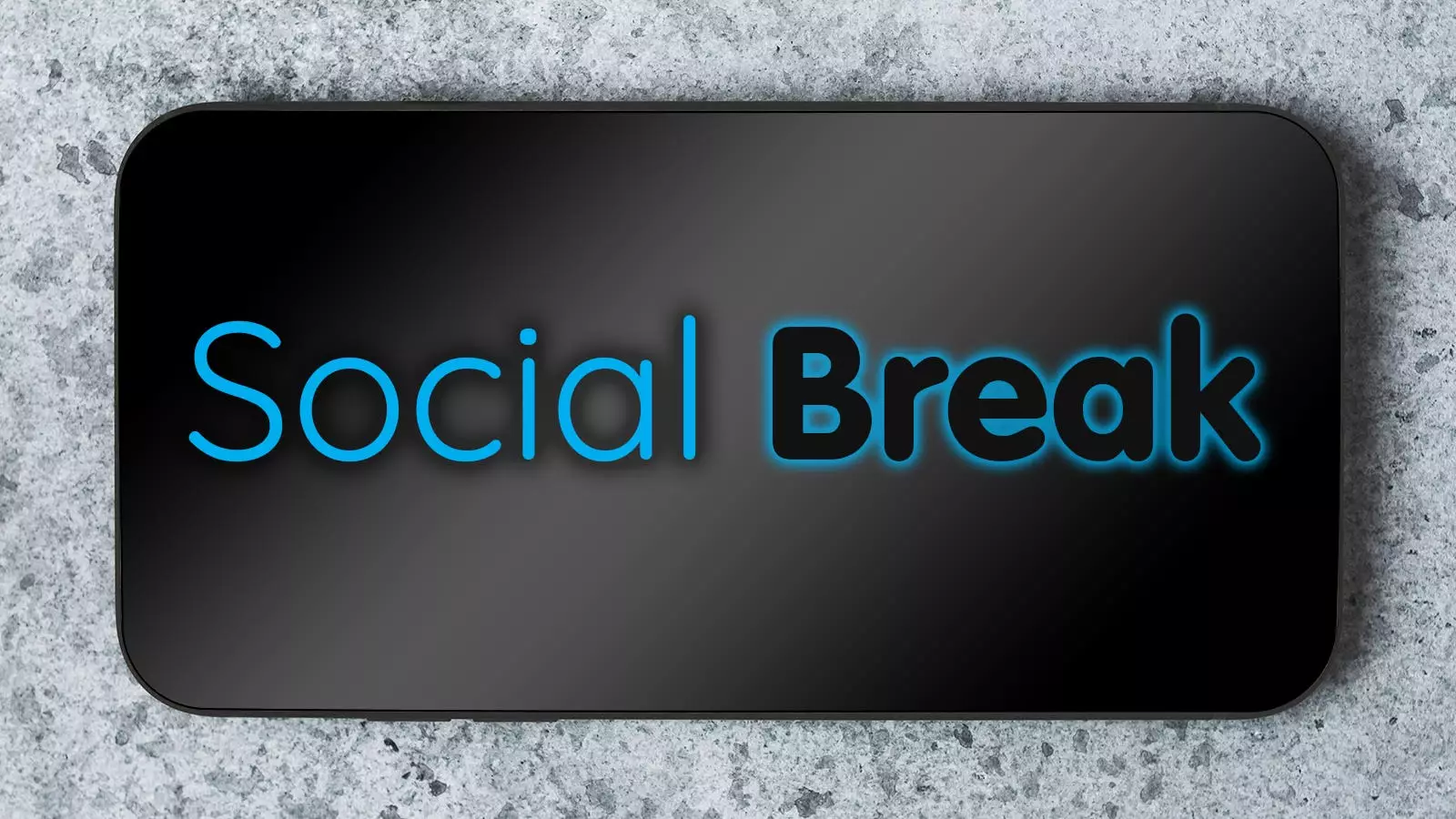In the vast realm of social media, one cannot escape the influx of medical content. From TikTok to Instagram, healthcare professionals have embraced these platforms to share their perspectives and experiences. However, amidst the flood of informative and uplifting content, there lies a darker side that often goes unnoticed.
While it is commendable that healthcare professionals are utilizing social media to educate the public, there is a growing concern about the glamorization of medicine. The recent TikTok trend participating ICU nurse @scrubhacks and ob/gyn @tiktokbabydoc exemplifies this issue. By sharing their controversial hot takes on medicine, they not only trivialize serious medical issues but also blur the line between entertainment and reliable information.
Aspiring medical professionals often turn to social media for inspiration and guidance. Unfortunately, some of the content they encounter may perpetuate unhealthy ideals and unrealistic expectations. The music video parody created by medical students from the University of Chicago’s Pritzker School of Medicine, set to the tune of Pitbull’s “Time of Our Lives,” is a prime example. While it may be viewed as light-hearted fun, it inadvertently reinforces the notion that medical school is a nonstop party.
One would hope that the medical community actively works to dispel misconceptions and stereotypes, but the reality painted by some social media accounts suggests otherwise. @drwoofapparel interviews healthcare professionals from different specialties to uncover the biggest misconceptions about their jobs. However, the intention behind this content is questionable, as it seems to confirm rather than challenge preconceived notions.
Medical school is undeniably challenging, both academically and emotionally. However, medical student @notmarinaa takes a cynical approach to shed light on the aspects that would send the average person into a coma. While some may find her insights relatable, it is important to remember that such trivialization can undermine the seriousness and rigor of medical education.
Satirical content can be an effective tool for highlighting certain issues, but it also has its limitations. @schmidt_doc offers satirical options for responding to patients who accuse doctors of being too young. While meant in jest, these responses can potentially undermine trust in healthcare providers and dismiss valid concerns.
One particular aspect of medical social media that warrants scrutiny is the devaluing of the journey. A dermatology resident discusses the “stages of medicine,” cautioning viewers not to wish their time away. While the intention may be to offer guidance and a sense of optimism, it inadvertently overlooks the immense challenges and sacrifices that come with the medical profession.
In a world where social media reigns supreme, healthcare professionals bear the responsibility of ensuring the content they produce is informative, ethical, and responsible. While platforms such as TikTok and Instagram provide opportunities to educate and engage, it is crucial to remember the potential consequences of misrepresentation and trivialization.
The proliferation of medical content on social media calls for a shift towards authenticity. Healthcare professionals should embrace transparency and use these platforms as avenues for genuine conversations and education. By doing so, they can contribute to a more informed and aware society, devoid of the dangers posed by the dark side of medical social media.


Leave a Reply